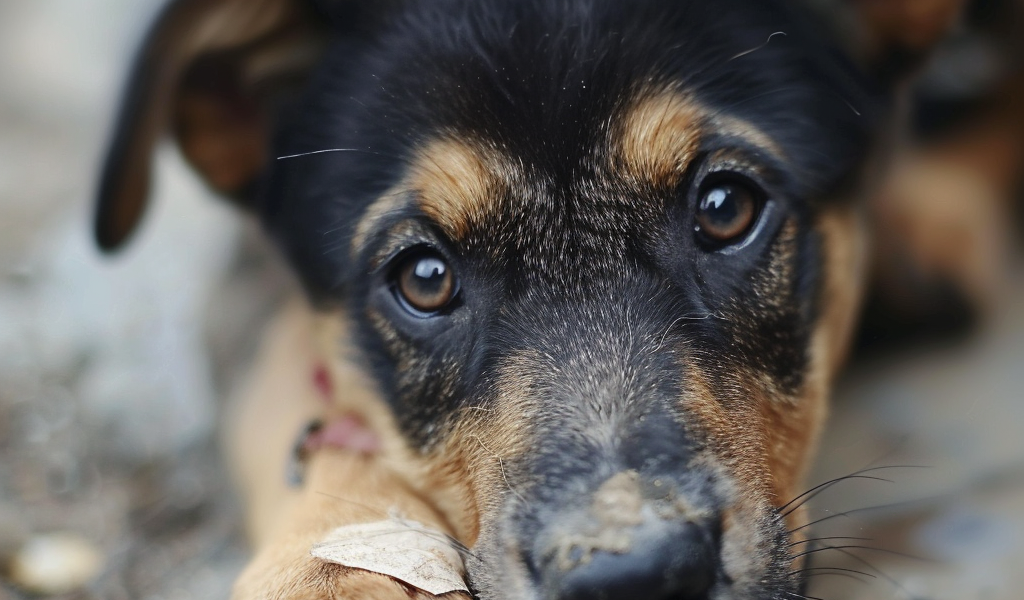The Philippines has reported a concerning increase in rabies cases, with 169 confirmed human cases and 160 deaths recorded from January to May 2024. The Department of Health (DOH) disclosed that this year’s figures show a 13% rise compared to the same period last year.
According to the DOH, over 90% of the cases were a result of dog bites, while approximately 6% were from cat or other animal bites. Currently, the status of nine patients who contracted the virus is under evaluation.
Rabies is a viral disease that affects the central nervous system and is preventable through vaccination, as highlighted by the World Health Organisation (WHO). The incubation period for rabies typically ranges from two to three months, with variations based on factors such as the entry point of the virus and viral load.
Health Secretary Teodoro Herbosa issued an urgent plea to all Filipinos to ensure their pets are vaccinated against rabies and to seek immediate medical attention in case of dog or cat bites.





